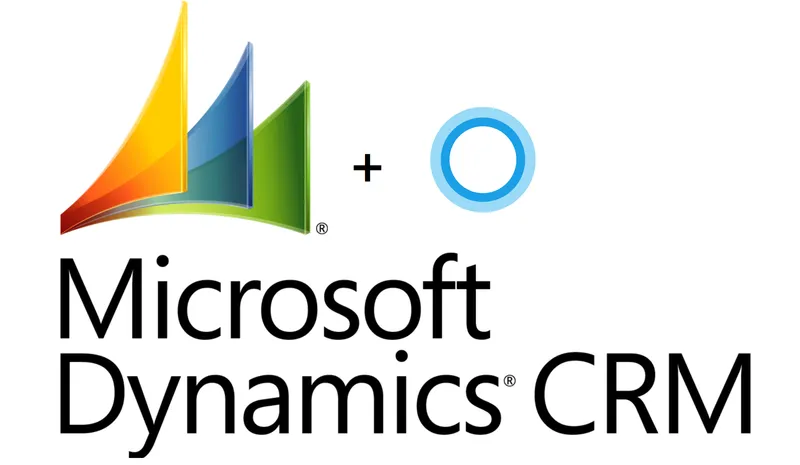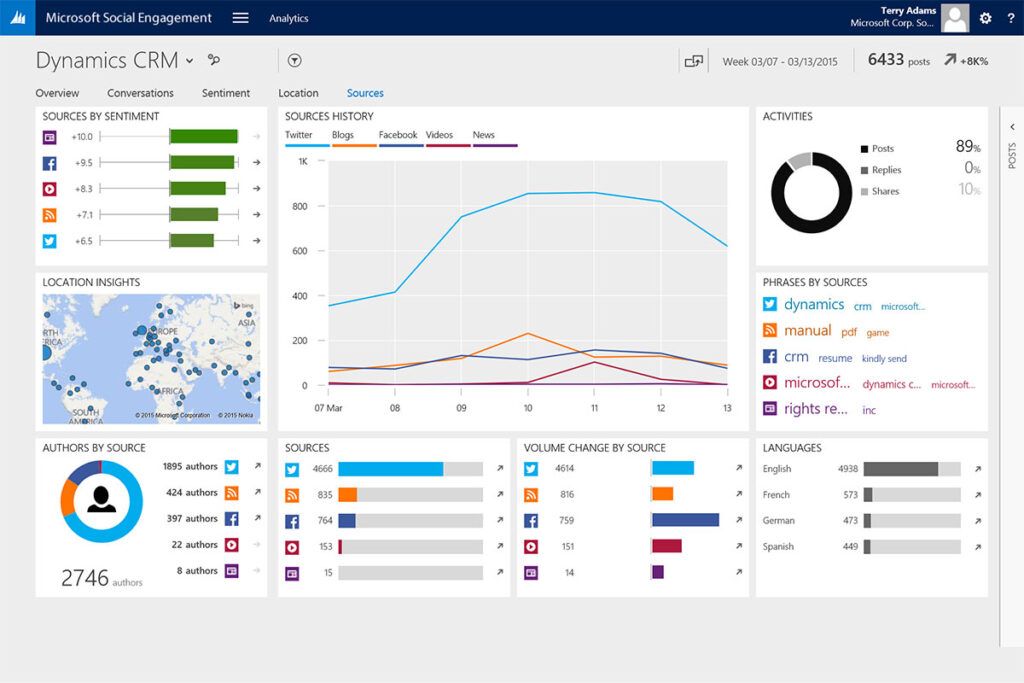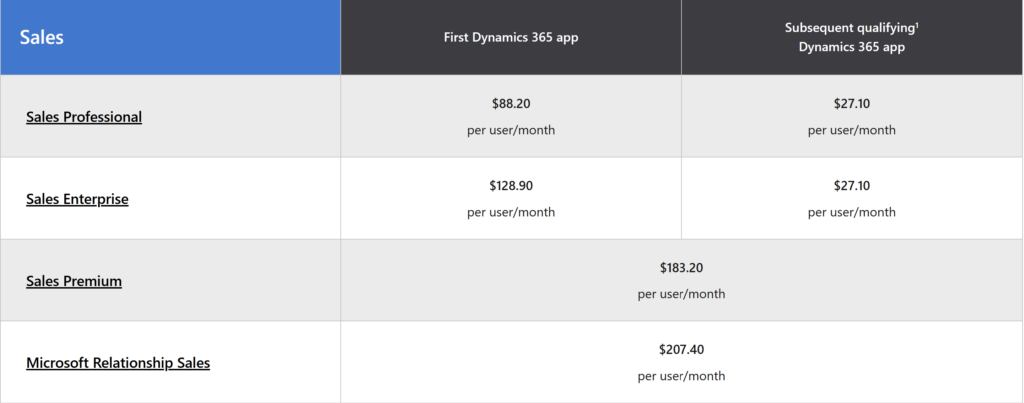In a perfect scenario, your enterprise’s team would operate flawlessly, with no reliance on any form of support software. Your marketing mavens would beeline for the precise targets, while your business teams would predict issues before your clientele could articulate them.
However, the road to business success is sometimes not smooth. Numerous challenges demand your attention, such as fragmented customer data, inconsistent sales processes, lack of detailed customer information, and ineffective products. Managing all these issues manually or through several linking multiple software applications can make handling customer data increasingly complex…etc
That’s where Microsoft Dynamics 365 comes in. With this robust online Microsoft Dynamics 365 CRM, you can bid farewell to confusion and losses, refocusing on managing the ideal business you’ve always envisioned.
What Exactly Is a CRM?

Customer relationship management (CRM) is a business strategy that optimizes revenue and profitability while promoting customer satisfaction and loyalty. CRM technologies enable strategy, and identify and manage customer relationships, in person or virtually. CRM software provides functionality to companies in four segments: sales, marketing, customer service, and digital commerce.
What is Microsoft Dynamics 365 CRM?

Microsoft Dynamics 365 CRM delivers tools that work seamlessly to boost efficiency, unlock user insights, and improve customer journeys. It provides a unified CRM platform of intelligent sales, marketing, customer service, and field service applications that build stronger customer relationships with a single view of customers plus insights and recommended actions from AI.
The platform offers a full range of CRM capabilities through a portfolio of intelligent business applications that empower everyone to achieve operational excellence and create more engaging customer experiences. Users can select from various CRM verticals, including sales, marketing, customer service, field service, and customer insights. With Microsoft Dynamics 365 CRM, organizations get a flexible and customizable solution to suit unique business requirements. Companies can choose a stand-alone application to meet the needs of a specific line of business or use multiple CRM tools that work together as an integrated solution.
Microsoft Dynamics 365 CRM Key Functionalities

360-Degree Customer View
Dynamics 365 CRM provides a centralized database to store and manage customer data, including contact information, communication history, and preferences. This comprehensive view empowers businesses to understand customer preferences, history, and interactions, enabling personalized engagement and tailored solutions.
Microsoft Dynamics 365 CRM Sales Automation
The CRM automates various sales processes, including lead management, opportunity tracking, and quote generation. The system automates sales processes, streamlining lead management, opportunity tracking, and sales forecasting.
Customer Service Management
It facilitates efficient customer service by enabling case management, service level agreements (SLAs), and knowledge base management. This ensures timely issue resolution, enhances customer satisfaction, and fosters long-term relationships.
Marketing Automation
Microsoft Dynamic 365 CRM helps in creating and executing targeted marketing campaigns. By allows customer service teams to log and track customer inquiries, manage cases, and provide timely support. AI-powered chatbots and knowledge bases enhance customer self-service options.
Integration with Office 365
Dynamics 365 CRM integrates with other Microsoft applications like Office 365, SharePoint, and Outlook. It ensures that communication and collaboration are seamless, further enriching customer interactions.
Customization and Extensibility
Dynamics 365 CRM is highly scalable, allowing businesses to adjust their CRM instance as their needs evolve. This flexibility ensures that the CRM aligns perfectly with unique business processes.
AI-driven Insights
Leveraging artificial intelligence (AI), Microsoft Dynamic 365 CRM provides intelligent insights into customer data. Predictive analytics and machine learning help in identifying trends, recommending actions, and optimizing decision-making processes.
How many companies are using Microsoft Dynamics 365 CRM
A question that many people ask when evaluating Microsoft Dynamics CRM is, “How many companies are using Microsoft Dynamics?”
The $23 billion CRM marketing software market will grow at a five-year CAGR of 15.3% in constant currency through 2027 to reach $49.3 billion. Technology and service providers can use this document to understand the drivers of CRM marketing software spending growth
A study conducted by 6sense that in 2024 over 535 919 companies are using CRM Platforms tools Microsoft Dynamics CRM with 4.29% market share (22 997 Customers), Focus on industry groups Consulting (8628) Software Development (7484)…etcMicrosoft Dynamics 365 CRM is constantly growing and attracting more and more small and medium businesses. The area of opportunity in the Microsoft Dynamics 365 CRM is that the user experience and user design on the dashboard are friendly to new users. Management of sales using business process flow to guide users through the steps to a successful sale. Forecast in 2028 the market share of Dynamics 365 CRM is expected to exceed $5 billion
Reason to use Microsoft Dynamics 365 CRM for Small – Medium Bussiness
With comprehensive features, seamless integration and strong support of the Microsoft ecosystem Let’s look at the top key differentiators that give Dynamics 365 CRM a competitive advantage.
Seamless Integration with Microsoft Ecosystem
Its seamless integration with the Microsoft Suite stands out. By effortlessly integrating with products like:
- Office 365 Integration: Dynamics 365 seamlessly integrates with other Microsoft products like Office 365, Outlook, and Teams. This ensures smooth communication and collaboration across your business.
- Azure Integration: Leveraging Azure cloud services, Dynamics 365 offers robust data security, scalability, and accessibility
In addition to seamless integration with the Microsoft ecosystem. The current Microsoft Dynamic 365 CRM can integrate with hundreds of other software through HexaSync. Microsoft Dynamics 365 CRM HexaSync integrations let you add new people as email subscribers add new deals to a spreadsheet, and send emails when new deals are added to a stage, among many other possibilities. Here are a few ways to automate Microsoft Dynamic 365 CRM, or you can start with one of the templates below.
- Shopify Dynamics 365 Business Central Integration
- Microsoft Dynamics 365 Business Central Wix Integration
Cost Effectively
Pay-as-You-Go: Similar to choosing modules, Microsoft Dynamics 365 CRM offers flexible pricing models suitable for each business. This helps businesses save significant costs compared to using other CRMs
Dynamics 365 CRM is subscription-based software, so users pay a monthly fee to maintain their licenses. However, implementing the software for first-time users comes with unique costs. Dynamics CRM pricing varies based on several factors:
- Which module or modules do you want
- The complexity of integrating Dynamics CRM with your other systems
- Any software customizations you need

Prices offered directly from Microsoft can vary, but generally start at around $40 for businesses and go up to nearly $200. This depends on whether you opt for a business plan, an enterprise plan, or add features and applications
AI Insights and 360-Degree
AI Insights and 360-Degree View provide analyzing customer preferences, customer purchasing behavior, how customers buy products, and personalized customer recommendations… to provide a comprehensive view of customers, it equips decision makers with tools to make informed choices, improve customer engagement, and increase sales efficiency.
Scalability
Dynamics 365 CRM’s scalability addresses businesses of all sizes. From startups to large enterprises, the CRM can effortlessly expand alongside company growth, accommodating changing needs and volumes without compromising efficiency or functionality. Incorporating these advantages, Microsoft Dynamics 365 CRM emerges as a versatile and potent solution. It empowers businesses to elevate customer relationships, streamline operations, and fuel growth, setting a formidable benchmark in the realm of CRM solutions.
Conclusion
Microsoft Dynamics 365 CRM apps can help you make order out of the chaos of your interactions with people, letting you focus on your customers instead of always trying to find out what was said last. The software can look intimidating, but it’s not much more complicated than your standard email and contacts apps—and once you learn to rely on the Microsoft Dynamics 365 CRM and incorporate automation, you’ll find it takes you less time to use than your old email search habits.